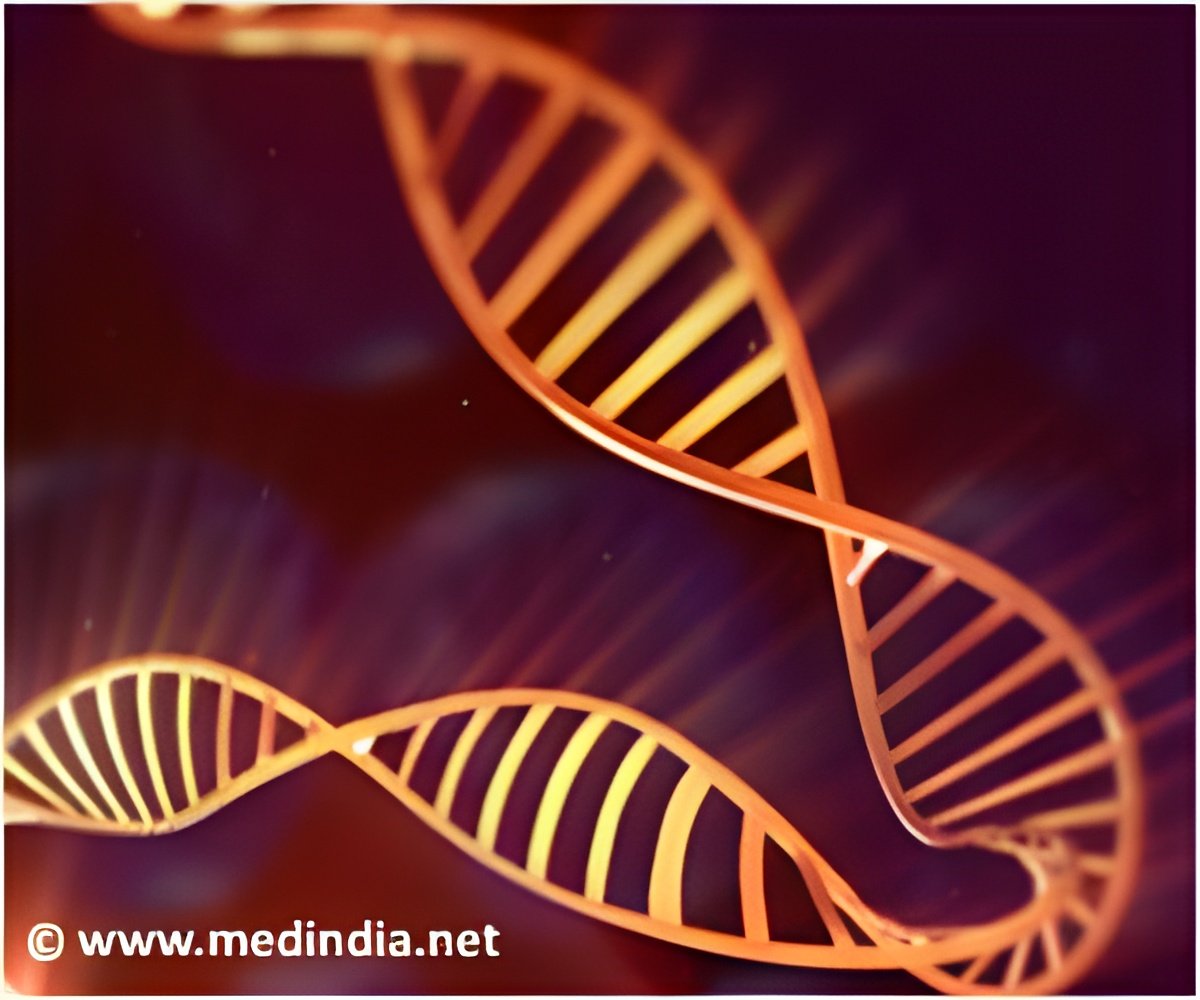Thanks to the scientists who managed to unravel the genome of the hookworm, new remedies for this disease-causing parasite that affects 700 million people will now be developed

"Our findings provide information on molecules that are essential for the worm's survival, therefore making them potential candidates for development of therapeutics to combat hookworm infections," study co-author Makedonka Mitreva of the Washington University School of Medicine told AFP.
The hookworm Necator americanus is the predominant soil-dwelling human parasite.
Adult worms feed on blood in the small intestine, causing iron deficiency, malnutrition, stunting in children, and pregnancy complications.
They infect mainly people in disadvantaged communities in tropical and subtropical regions.
Advertisement
Adult worms of about one centimetre (0.4 inches) long can drink 30 microlitres (a millionth of a litre) of blood per day, and survive in its human host for 10 years.
"New methods to control hookworm disease are urgently needed," said the authors.
"We expect that the presented information will accelerate the development of vaccines and diagnostics," added Mitreva.
Source-AFP









